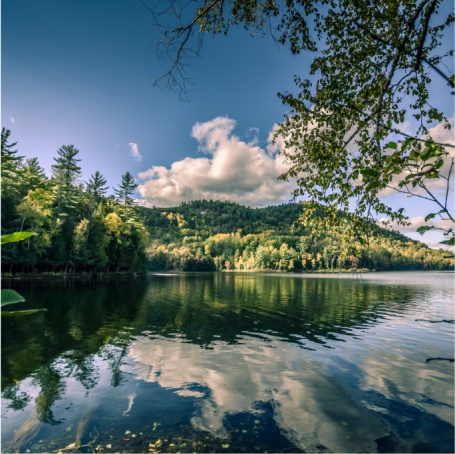Green transition
in practice




About the project
Poland and Norway are committed to increasing the role of biogas in their energy mixes since both have low biogas production compared to the potential. The broader use of biogas will help Poland fulfill its Paris commitments and improve energy security. Poland has a well-established national network of gas pipelines into which biogas can be fed to increase the flexibility of biogas end-uses and significantly reduce transportation costs. District heating is another potential use of biowaste in Poland if a reliable supply can be secured.
The government’s plans for green climate transformation in Norway (Klimaplanen 2030) repeatedly indicate biowaste and bioenergy as crucial resources in achieving the goals. Norway has no national gas grid but a considerable potential for liquefied biogas for transportation and a potential for more heating based on biowaste. The similarities and differences in the challenges of each country suggest that Norway and Poland can learn from each other in this area.
Financing
More info about Funds: https://www.eog.gov.pl/en/site/learn-more-about-the-grants/

